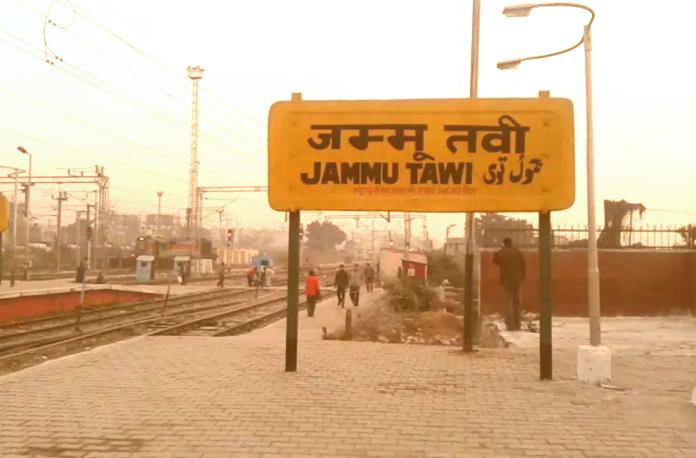Three months after the brutal rape and murder of an 8 year old girl in Kathua in Jammu & Kashmir, the incident has been mired in several controversies and details appear to be getting murkier with every passing day. Certain people on social media have questioned the charge-sheet that has been filed while the villagers allege that holding anyone captive in the said temple for a week is impossible. The villagers have also made some rather startling allegations and there have been reports of forced migration of Hindus from the area as a consequence of the torture meted out by investigators allegedly. Thus, the rape of a child has snowballed into a ruckus involving allegations of torture of civilians, forced migration of communities, alleged settlement of Rohingyas, blatant politicization of a heinous crime and of course, the targeted denigration of the Hindu faith.
The people of Jammu have been protesting against the settlement of Rohingyas around the region since quite a while and there have been allegations that a protest against the settlement of Rohingyas was misrepresented as a protest in defense of the rapists. Even the Jammu Bar Association which has been alleged to have come to defense of the rapists, have vehemently asserted that they want a CBI inquiry into the matter and that they do not trust the crime branch of the J&K police to do justice to the matter. On top of it, the family of the prime accused has asserted that he was appearing for his exams at the university during the time when the girl went missing and allegedly his signature on the attendance sheets back the claims of his family.
The conduct of the state government of J&K on the matter has been highly questionable as well. There have been allegations that illegal Rohinga immigrants were being settled in and around Jammu with tacit support from the state government. Mehbooba Mufti has been very unwilling to hand over the matter to the CBI despite the highly controversial nature of the circumstances surrounding the crime. The track record of her government has been rather unsatisfactory on certain occasions and very questionable on others. Amidst such circumstances, the media narrative that has been built regarding the Kathua rape case appears to be based on questionable evidence.
There was the Roshni Act passed by the state government as well which was stayed by the J&K High Court. The act, if implemented, would have given encroachers full leeway to occupy government land illegally and then have the encroached land transferred to them legally. It was seen as a ploy to further radicalize Jammu which was presumed to bear the brunt of the act, if implemented. Chief Minister Mufti then went on to emphasize in February that tribals should not be harassed during anti-encroachment drives.
Moreover, the people of Jammu have long objected to the settlement of Rohingyas in the region which they perceive to be an Islamist project to change the demography of Jammu. Under such circumstances, if the allegations that a protest against the settlement of Rohingyas was wrongly portrayed as a protest in defense of rapists are revealed to be true, then it would be an indication that there could a far more sinister agenda at work behind the death of the eight year old and the investigation that followed.
Therefore, it becomes imperative that a serious inquiry be initiated to assess the truth of the whole matter. The events that have followed and the communal polarization that has ensued could irreparably damage relationships between two communities.
